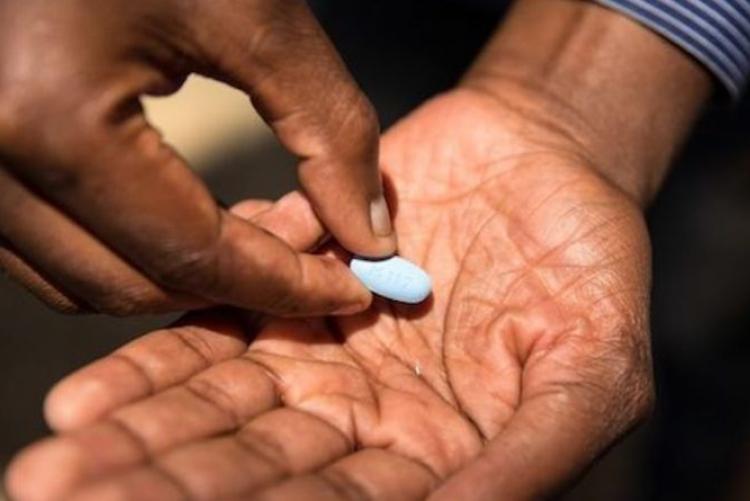As the race to find drugs and medicines to cure and prevent COVID-19 reaches the crescendo, many countries including Kenya are now participating in various human clinical trials for among other experimental drugs Remdesivir, chloroquine or hydroxychloroquine, lopinavir + ritonavir, or with Interferonbeta. These drugs have not been approved for public use and can only be used in the context of the clinical trials in many countries. In this context, the role of drug regulation is going to be extremely important especially at the national level. Depending on the rules and regulations in place at the national level, an experimental therapy may or may not be accessible to the population even as the research continues. It is therefore important to shed some light on the issue of drug regulation and how access can be expanded to save lives before a cure or vaccine is approved.
In 1979, the US Supreme Court in the case of US v Rutherford observed that a group of terminally ill cancer patients could not obtain access to a product which the Food and Drugs Administration (FDA) had concluded that there was no basis in law and fact for its use for cancer treatment and therefore prohibited its sale. The supreme court while affirming the FDA’s ban noted that Congress intended to shield everyone from fraudulent cures including people with fatal illness including cancer. This case is important because it reveals the immense power national drug regulators enjoys in relation to access to therapeutic drugs and vaccines. Without the approval of the national drug regulator, it is theoretically impossible to get drugs and vaccines legally accessible to the population in a particular country.

